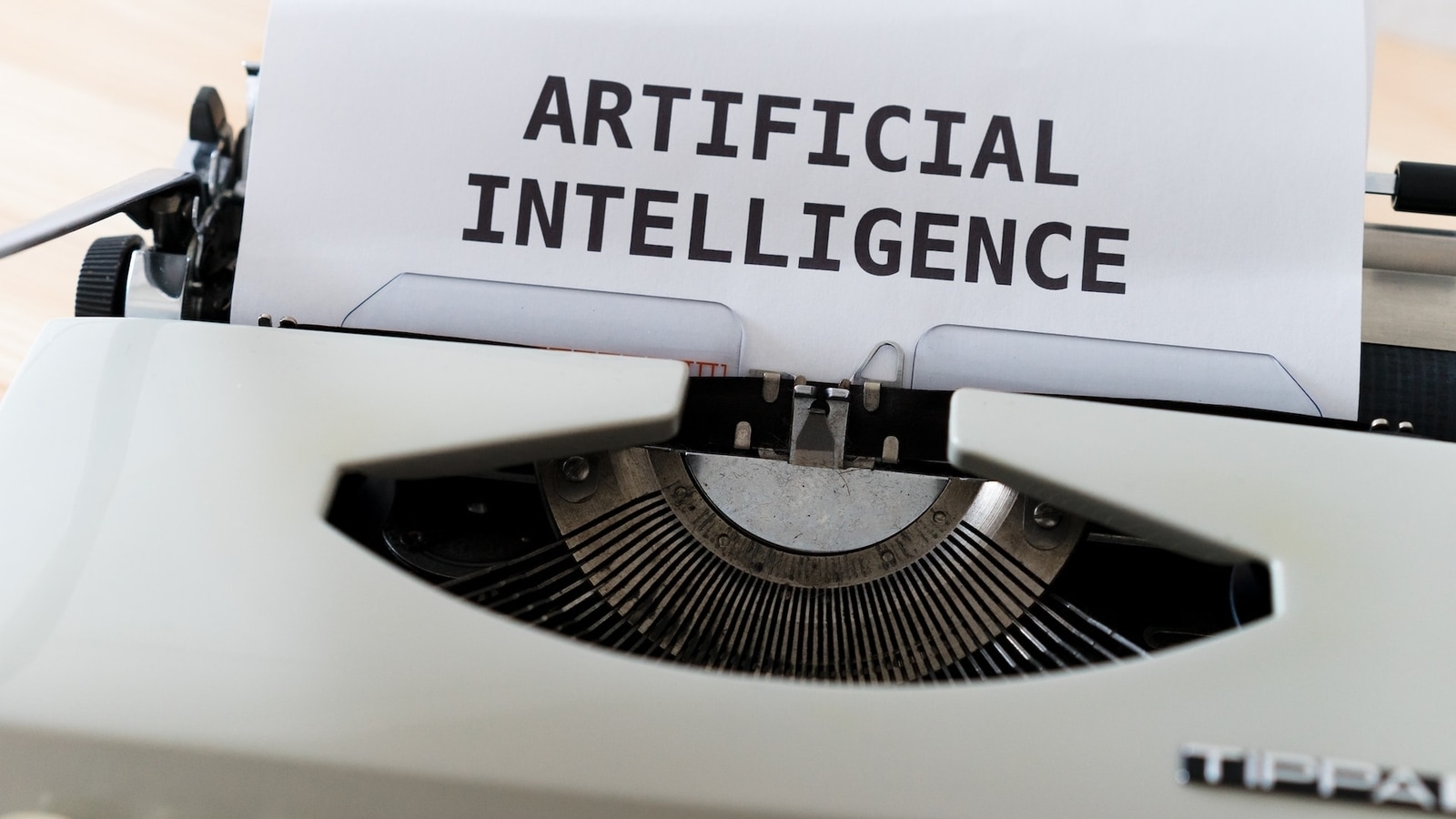Liberal media more opposed to AI than conservative media, finds research
Researchers have found that articles published by the liberal media tend to be more opposed to artificial intelligence (AI) than those by the conservative media.






 View all Images
View all ImagesResearchers have found that articles published by the liberal media tend to be more opposed to artificial intelligence (AI) than those by the conservative media. The opposition could arise out of concerns about AI amplifying racial and gender biases in the society, along with income inequity, researchers from the Virginia Tech University, US, said.
Considering that media sentiment is indicative of public opinion and can, in turn, impact policymakers' stances, the findings may have important implications for future political discussions around AI, the researchers said. Their work was published in the journal Social Psychological and Personality Science.
They also said that the observed differences in the partisan media's sentiment towards AI may also subsequently lead to differences in the public's sentiment towards AI.
"Media sentiment is a powerful driver of public- opinion, and many times policymakers look towards the media to predict public sentiment on contentious issues," said Angela Yi, study author and a PhD student in the marketing department of Virginia Tech Pamplin College of Business.
For the study, the researchers formed a compilation of over 7,500 articles written on AI from May 2019 to May 2021 by downloading them from various media outlets. They looked for specific keywords in the articles such as "algorithm" or "artificial intelligence".
The articles that the team chose to study were published by a mix of media houses, such as the liberal-leaning The New York Times and The Washington Post, and the conservative-leaning The Wall Street Journal and the New York Post.
The researchers analysed the "emotional tone" of these articles using an automated text analysis tool. The tool, they said, worked by calculating the difference between the percentage of positive emotion words and the percentage of negative emotion words in a text. Each article was then given a standardised 'emotional tone' measure or score.
The researchers said that they were not pronouncing judgements on "whether the liberal media is acting optimally, or the conservative media is acting optimally" and that they were taking no stance as to what the "right way" to discuss AI should be.
"We are just showing that these differences exist in the media sentiment and that these differences are important to quantify, see, and understand," said Shreyans Goenka, a study author and assistant professor of marketing at Virginia Tech Pamplin College of Business.
The researchers also examined how media sentiment towards AI changed after George Floyd's death, which happened on May 25, 2020. Floyd, a 46-year-old black American man, was killed in the US city of Minneapolis by Derek Chauvin, a 44-year-old white police officer.
"Since Floyd's death ignited a national conversation about social biases in society, his death heightened social bias concerns in the media," said Yi.
"This, in turn, resulted in the media becoming even more negative towards AI in their storytelling," said Yi.
Catch all the Latest Tech News, Mobile News, Laptop News, Gaming news, Wearables News , How To News, also keep up with us on Whatsapp channel,Twitter, Facebook, Google News, and Instagram. For our latest videos, subscribe to our YouTube channel.






























